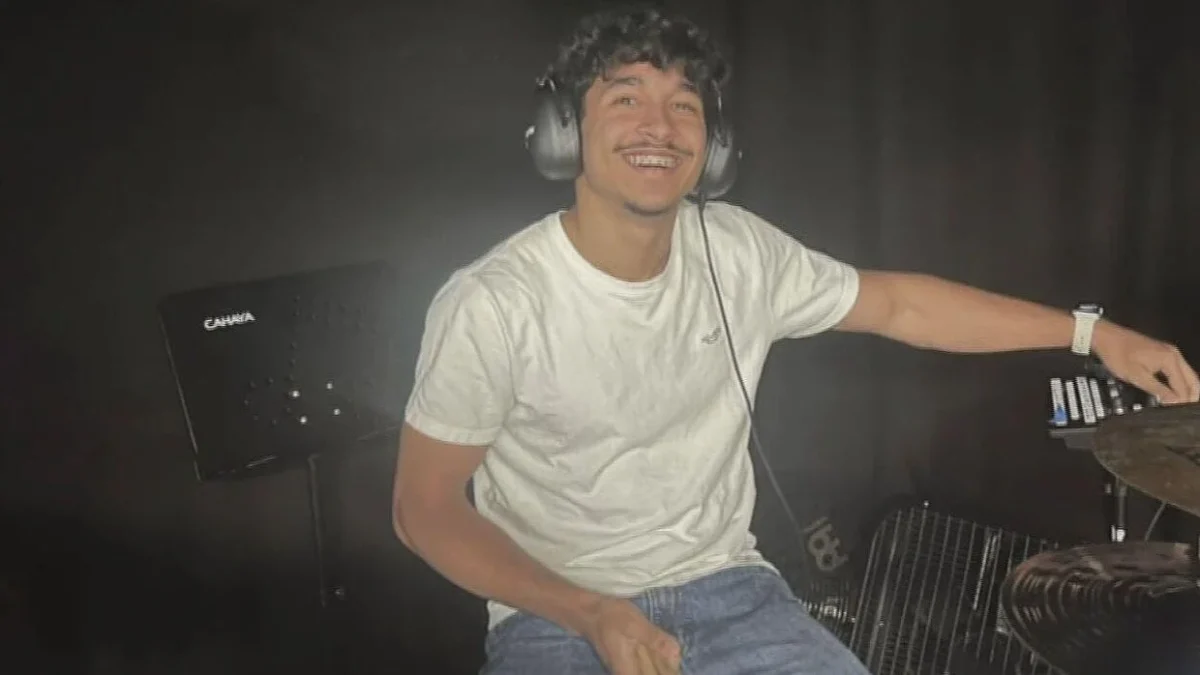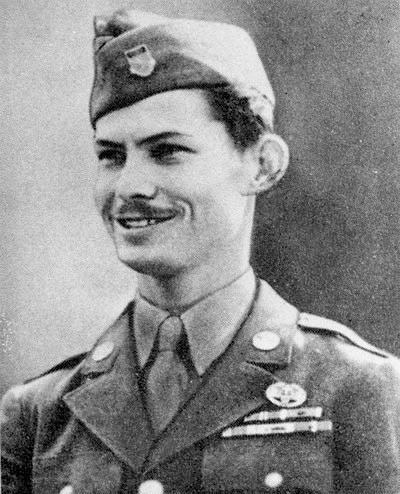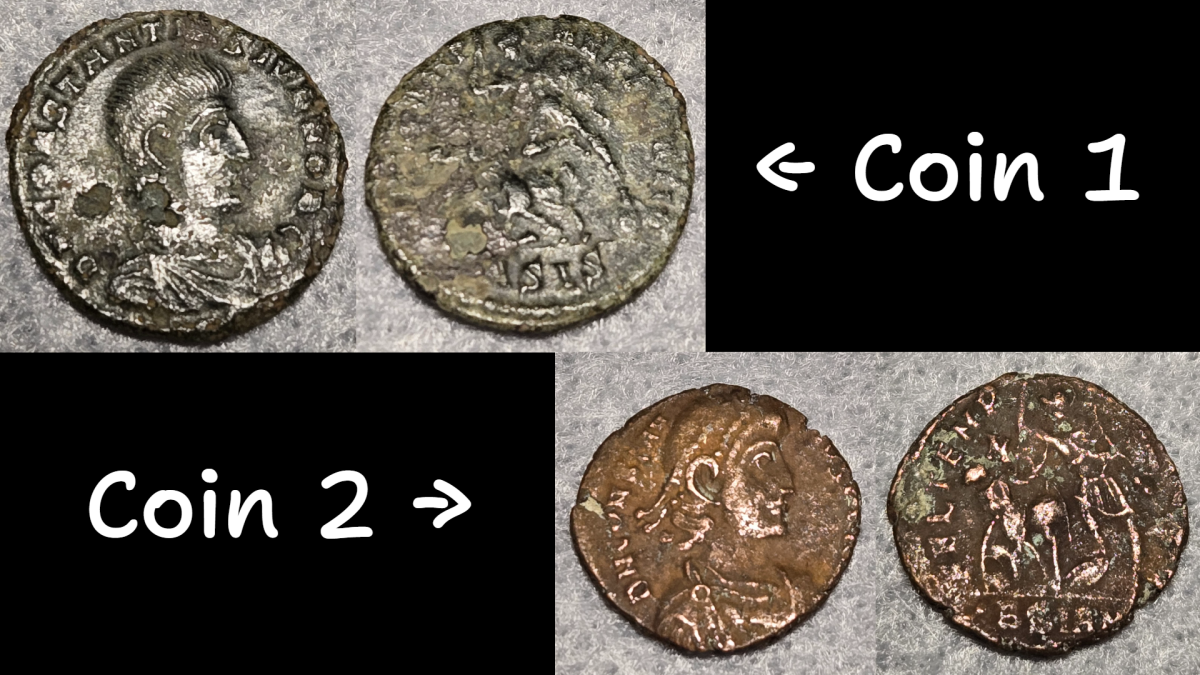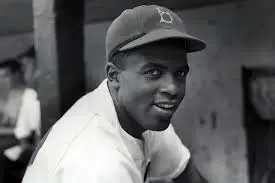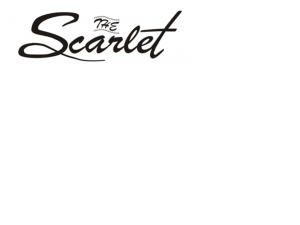Mind the Music
October 9, 2019
It’s a rarity to find someone for whom music isn’t part of everyday life.
From alarms that wake you up the morning to the playlist you listen to while running or walking to work or school, there are no bounds (and frankly no escape) from its influence. Even many of our most basic learning started with these synchronized vibrations dancing in our ears.
Music is often used as a therapy in order to allow for more effective communication. It has the “potential to… move aside into a world beyond the verbal and physical” (Leslie Blunt). For many with brain injuries, any kind of verbal discrepancies, or conditions such as autism, this type of treatment may be effective. Music allows for what cannot be expressed through words to be expressed with emotion though a rhythm and a pitch, and this can tell you what someone is feeling and, in turn, what they may be thinking. With strong ties to memory, musical therapy can also be used as part of the treatment of various other conditions; for example, it is often used to bring the vivacity of youth back to the residents of nursing homes.
Music’s strong ties with memory and the other senses is prominently mirrored with something known as synesthesia where people may be able to hear colors or taste sound. This phenomena can be explained by noting that “the memory of one sense is stored in the other: that of tactility in sound, of hearing in taste, of sight in sound” (C. Seremetakis), which means that memory itself is closely linked with the visual, auditory, and tactile. You may have at once smelt something that reminded you of an image from your childhood. You may have heard someone’s voice on the phone and pictured their face in your head. All of these are of similar concept; it is all tied together. Music works in the same way. Two lovers may have a song about they call “their song”. A song may that elicit a strong, joyful reaction in someone… or they may also just simply say “Hey, that’s my jam!”
Point being, no words can describe what goes on in someone’s head. Sometimes we’re better off just leaving the words out and letting music in instead.
Works cited
Leslie Bunt. ‘Music Therapy: An Art Beyond Words’. Music Therapy, Bruner-Routledge (HOVE AND NEW YORK), Contents 2.
https://scholar.google.com/scholar%3Fhl=en&as_sdt=0,22&q=Leslie+Bunt.+‘Music+Therapy%253A+An+Art+Beyond+Words’.+Music+Therapy,+Brunner-Routledge+(HOVE+AND+NEW+YORK),+Contents+2%23d=gs_qabs&u=%2523p%253DU0sQi2M64NYJ
